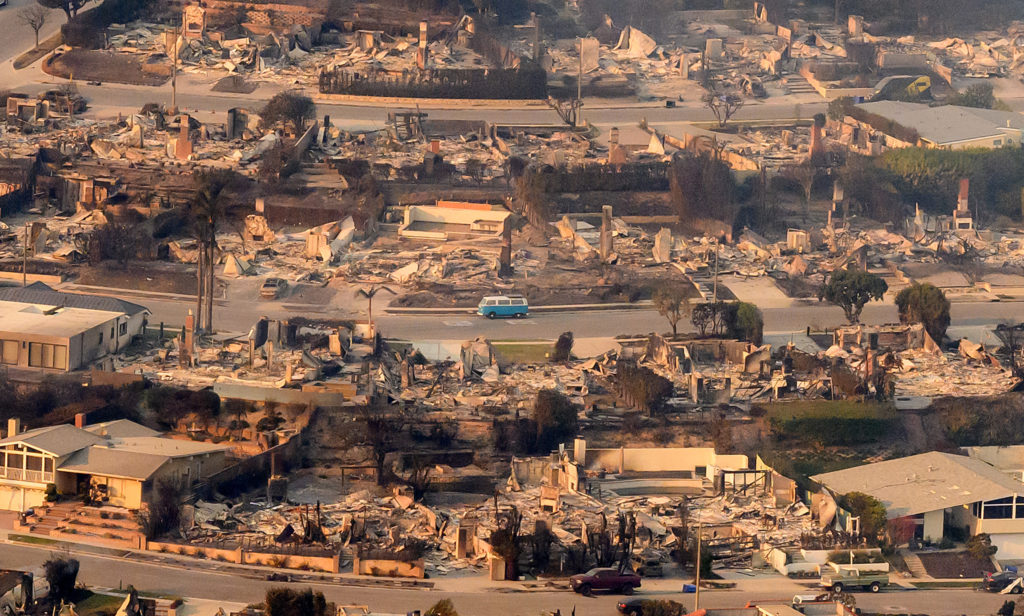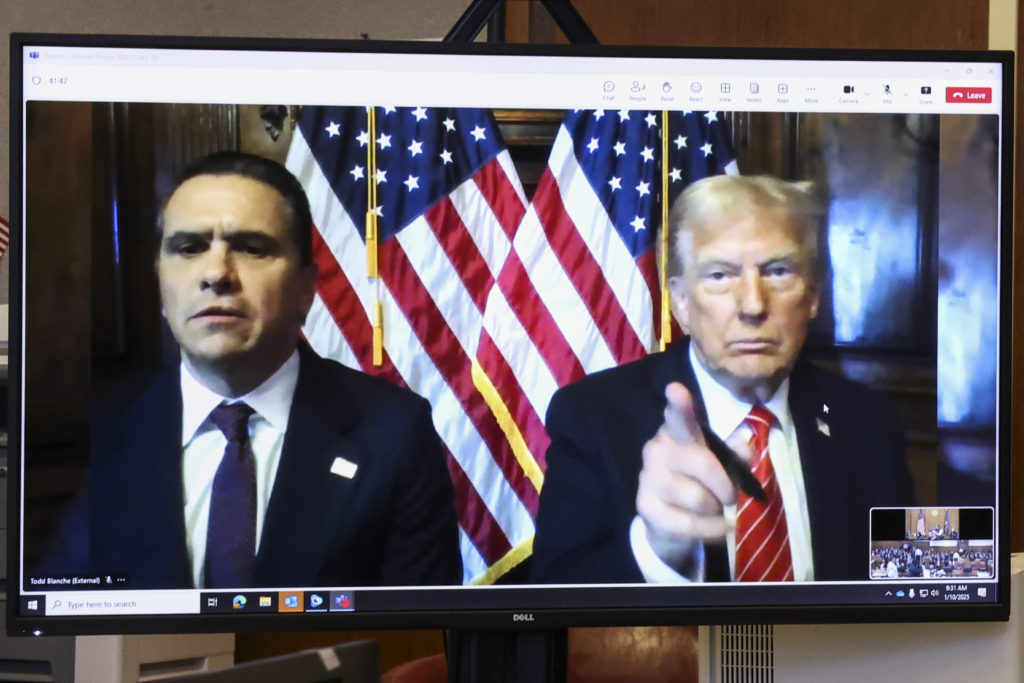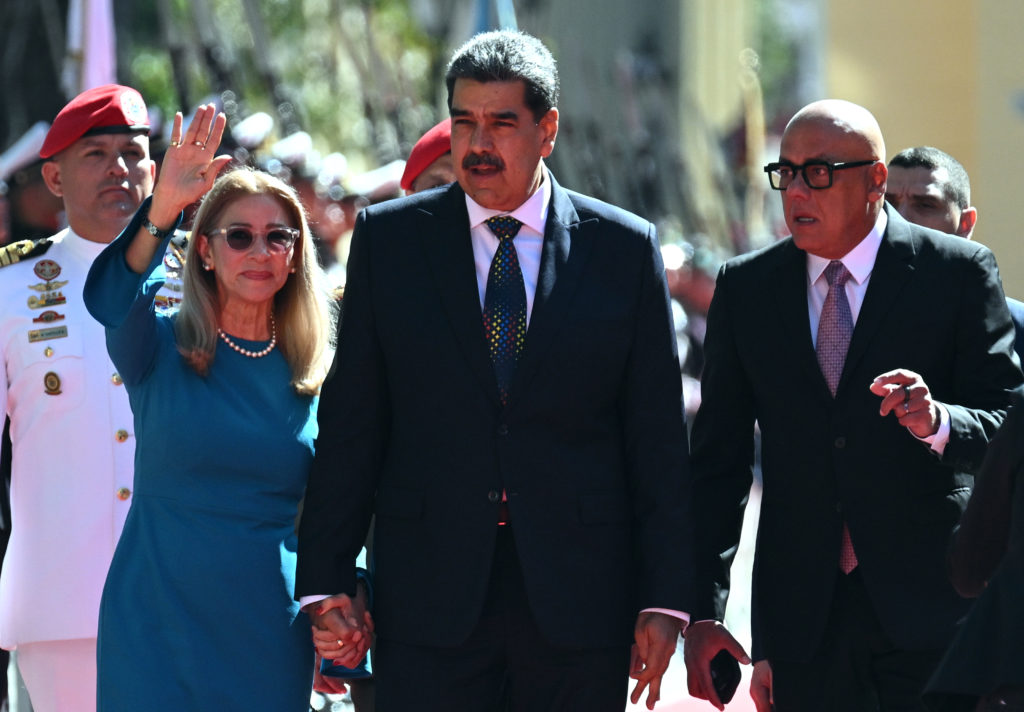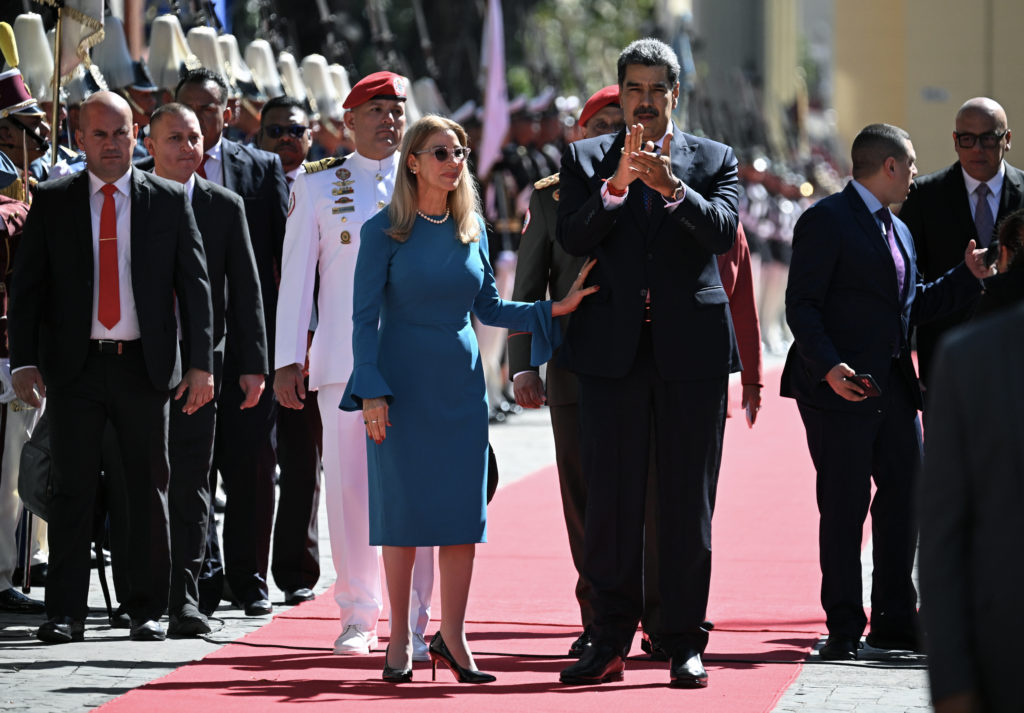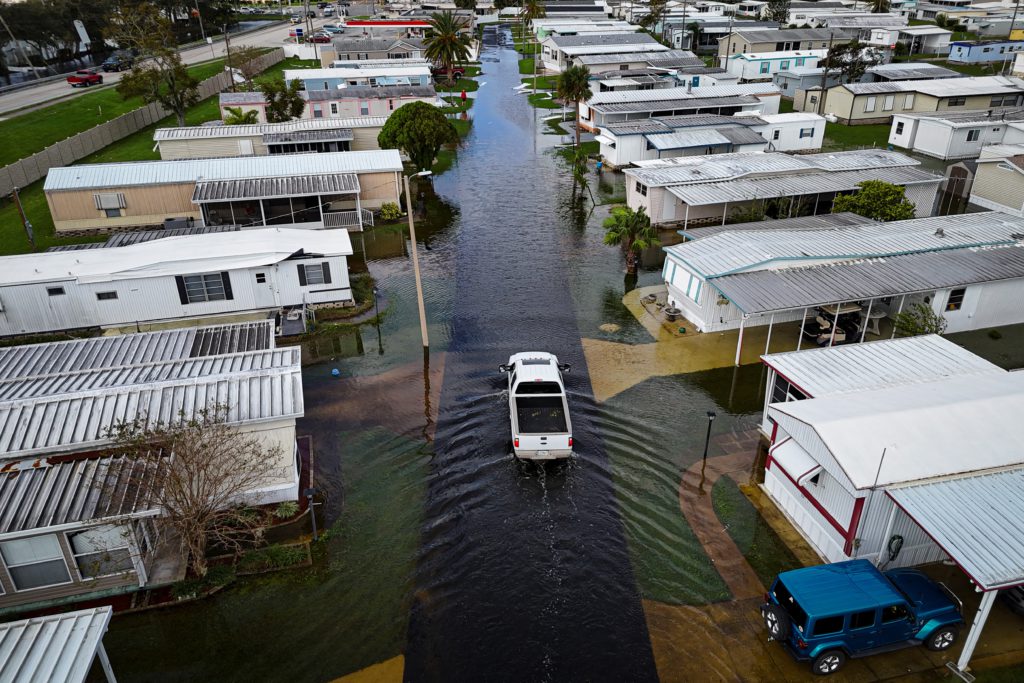Peru swore in an environmental activist as prime minister Wednesday, replacing a controversial leftwing figure in the politically tumultuous South American nation.
The country’s current leftist leader Pedro Castillo came to power in July facing a lengthy to-do list, including constitutional reform, but battled to get his cabinet approved and narrowly staved off political collapse earlier this year.
He gave no reason over his decision to remove Guido Bellido — a hardline leftist and political novice, whose appointment was controversial from the start — and replace him with Mirtha Vasquez.
Hours later, Castillo swore in the environmental and human rights activist as his new PM, a move seen as a sop to the moderate wing of the informal leftist coalition that supports him.
“For God, for this country of women and men who everyday fight to live with dignity, without discrimination, and who promote real changes, yes, I swear!” Vasquez, 46, said during the ceremony which was not attended by her predecessor.
Under Peruvian law, the prime minister’s resignation automatically triggers that of the entire cabinet.
The president’s reshuffled government brings together politicians across the political spectrum from the radical Peru Libre, to the more moderate Juntos por el Peru.
Vasquez — who headed Congress between November 2020 and July 2021 — belongs to the leftist Frente Amplio.
Castillo, a former rural schoolteacher, called for “unity” from the country’s economic, political and social sectors to “achieve common objectives” — such as reactivating the economy.
He later tweeted, “The new stage in the #GobiernoDelPueblo seeks to promote dialogue, governance and teamwork. Our great objective is to fight for the most vulnerable and we are going to achieve it.”
– Political uncertainty –
Castillo’s July appointment of electronic engineer Bellido was immediately tricky.
Peruvian media reported the 41-year-old was investigated by prosecutors for allegedly defending terrorism with statements made shortly after taking up his seat in parliament in June.
In comments to the Inka Vision online news outlet, he appeared to defend people who supported the Shining Path Maoist guerrilla group that fought the state between 1980-2000 and is designated a terrorist organization by Lima.
In August, Castillo seemed to have staved off a political crisis when the right-wing dominated congress approved his cabinet following a bitter debate.
Until then, Peru had been in a state of political uncertainty since the beginning of the year, when the electoral campaign got underway.
The country has suffered years of political upheaval, and a series of corruption scandals saw three different presidents in office in a single week last November.
Seven of the South American nation’s previous 10 leaders have either been convicted or are under investigation for graft.
And Castillo’s victory over right-wing populist Keiko Fujimori in June’s second-round presidential run-off took six weeks to be confirmed after delays in validating the results.


